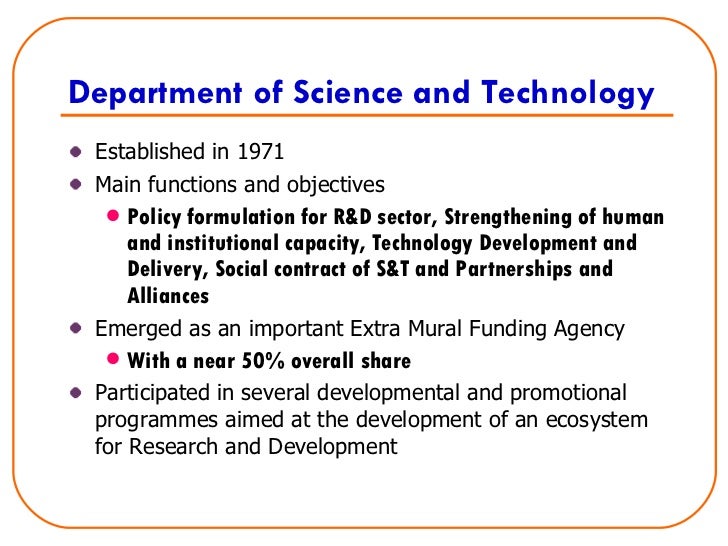
The Department for Science, Innovation, and Technology (DSIT) is a key player in shaping the UK’s scientific and technological future. This vital government department focuses on innovation, research, and technology, aiming to boost the nation’s economic competitiveness and drive societal progress. Many individuals and businesses rely on the DSIT’s initiatives for funding, support, and strategic direction, but many are uncertain of its exact functions. This article will provide a comprehensive overview of the DSIT’s roles and impact, exploring its initiatives and programs, and outlining the department’s critical role in UK science and technology. We will also address common questions about how to engage with the department.
Understanding the Department for Science, Innovation, and Technology
Core Functions of the DSIT
The DSIT, a UK government department, is at the forefront of fostering scientific and technological advancement. Its primary goal is to strengthen the UK’s position as a global leader in these fields. This is accomplished through a wide range of initiatives, including funding research projects, supporting innovation, and developing strategic policies that address technological challenges and opportunities. Recognizing the importance of research and development in shaping the future, the DSIT invests in cutting-edge science and technology, aiming to promote a robust and innovative economy. For instance, the department may provide grants for research in areas like artificial intelligence or sustainable energy.
Funding Initiatives and Research Support
Identifying Funding Opportunities
The DSIT plays a crucial role in supporting scientific research by providing funding opportunities for various projects across diverse disciplines. These funding streams often target specific areas of interest, such as biotechnology, materials science, or advanced manufacturing. Understanding the various funding schemes is essential for researchers seeking to leverage government support. This involves familiarizing yourself with the application process, eligibility criteria, and the timelines for different funding programs. Moreover, the DSIT frequently publishes guidelines and resources to assist researchers and aspiring innovators in comprehending the specifics of each funding opportunity. A successful application is typically linked to a compelling research proposal that clearly articulates the project’s objectives, methodology, and expected outcomes, ensuring alignment with the DSIT’s strategic priorities.
Supporting Innovation and Commercialization
Building a Strong Innovation Ecosystem
Supporting innovation is another critical function of the DSIT. Recognizing the importance of translating research into real-world applications, the department actively encourages the commercialization of innovative technologies. This often involves facilitating collaborations between researchers, entrepreneurs, and businesses. For example, the DSIT might provide grants or mentorship programs to help startups develop and commercialize their technologies. This process fosters a vibrant innovation ecosystem where new ideas can flourish and become commercially viable. This kind of support is crucial for the UK’s economic growth and competitiveness.
The Impact on the UK Economy
DSIT’s Role in Economic Growth
The DSIT’s efforts have a significant impact on the UK’s economic landscape. By supporting scientific research and innovation, the department fosters a climate conducive to entrepreneurship and technological advancement. This fuels economic growth by creating new jobs, driving technological advancements, and expanding market opportunities. The department’s initiatives often contribute to a rise in patent applications, leading to the development of new technologies and products. For instance, government funding for biotechnology research may ultimately result in advancements that lead to new pharmaceuticals, medical devices, or agricultural technologies.
Engaging with the DSIT
Navigating Funding Processes
Engaging with the DSIT involves understanding its various programs and funding mechanisms. The department’s website provides detailed information regarding funding opportunities, application processes, and eligibility criteria. Staying updated on the latest announcements and policies is essential for effectively navigating the department’s initiatives. The DSIT often hosts workshops, seminars, and conferences to provide support and insight into their funding opportunities, offering networking opportunities and facilitating direct engagement with relevant experts. This approach helps potential applicants comprehend the expectations and procedures involved in the application process.
Frequently Asked Questions
What is the DSIT’s primary mission?
The DSIT’s primary mission is to foster scientific and technological advancement in the UK. It aims to strengthen the nation’s position as a global leader in these fields, supporting research, innovation, and economic growth. They encourage the transition of research findings into practical applications and support businesses and individuals involved in this process.
How can I find information about funding opportunities from the DSIT?
The DSIT’s official website is an excellent resource for information about funding opportunities. The website often features detailed information regarding eligibility, application processes, and relevant deadlines. Additionally, they sometimes hold events and workshops designed to help potential applicants navigate the processes.
In conclusion, the Department for Science, Innovation, and Technology (DSIT) plays a pivotal role in fostering a thriving scientific and technological landscape. Its diverse functions, from funding research to supporting innovation, are crucial for driving economic growth and societal advancement. By understanding the DSIT’s multifaceted mandate, we can better appreciate its impact on our world. For those interested in a deeper dive into specific initiatives, visiting the official DSIT website is recommended. Their extensive resources provide detailed information on funding opportunities, research projects, and policy updates, enabling stakeholders to engage more effectively with this vital government department.